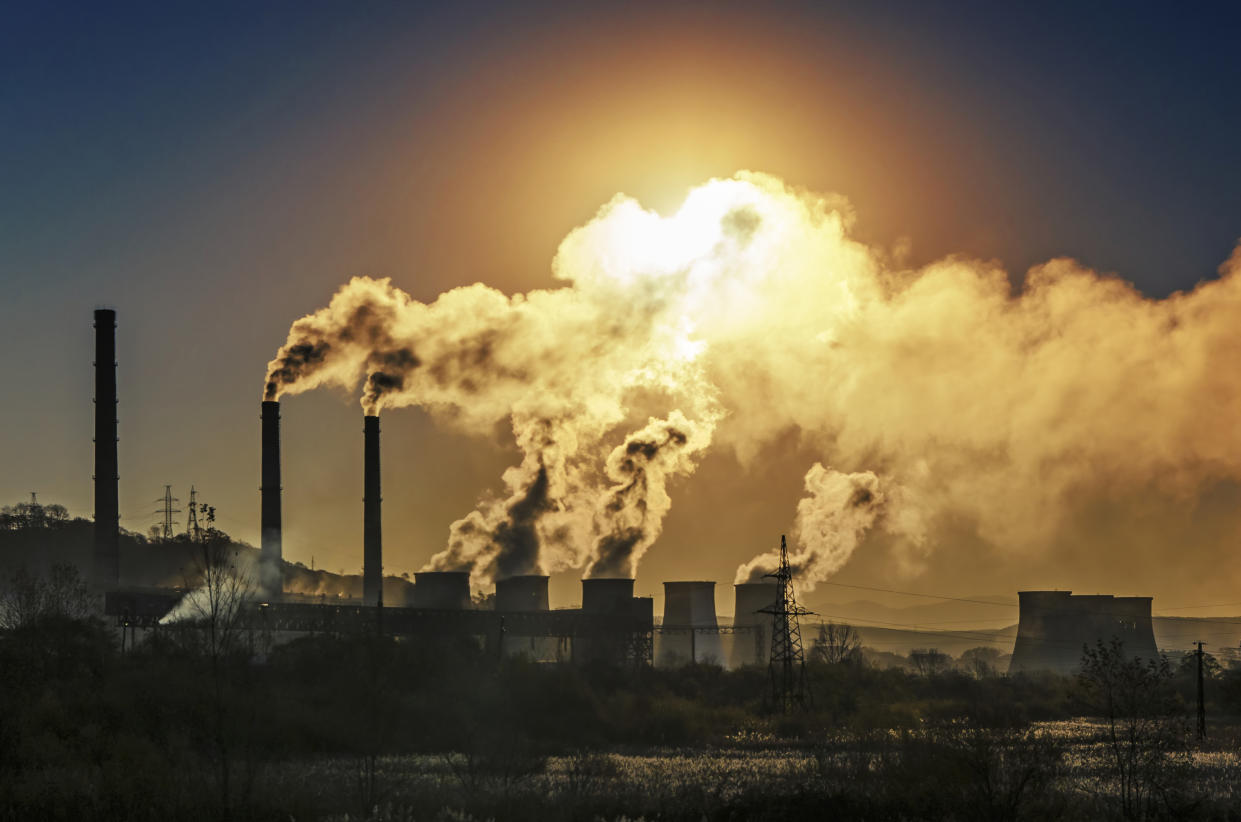World collapse by 2040 that was predicted in 1972 study 'could happen unless we act now'

In 1972, a landmark study predicted a worldwide collapse by 2040 - and one researcher believes we are heading exactly that way.
Gaya Herrington, a sustainability analyst at KMPG, re-analysed the data in the Massachusetts Institute of Technology (MIT) study, The Limits of Growth.
She found that, in a worst-case scenario, industrial civilisation could be on track to collapse by 2040.
Herrington has called on governments to "act now" to avoid this.
The collapse would be preceded by a slump in growth at the end of this decade, Herrington said.
She told The Guardian: "From a research perspective, I felt a data check of a decades-old model against empirical observations would be an interesting exercise."
Read more: Melting snow in Himalayas drives growth of green sea slime visible from space
The original study used system dynamics to predict that the industrial world could collapse during the 21st century, due to over-exploitation of the planet.
Published in book form, it has since sold 30 million copies worldwide.
Herrington re-analysed two scenarios: one 'business as usual' scenario, BAU2, where growth would stop and the world would also see population collapse.
In another scenario, 'comprehensive technology' or CT, economic growth would halt without population collapse.
Both showed that chasing continuous economic growth was no longer possible, Herrington said.
The study concludes: "BAU2 and CT scenarios show a halt in growth within a decade or so from now.
Read more: A 1988 warning about climate change was mostly right
"Both scenarios thus indicate that continuing business as usual, that is, pursuing continuous growth, is not possible.
"Even when paired with unprecedented technological development and adoption, business as usual as modelled by LtG would inevitably lead to declines in industrial capital, agricultural output, and welfare levels within this century."
It was possible for the world to steer away from these scenarios, Herrington told The Guardian.
She said: "We're totally capable of making huge changes, and we've seen with the pandemic. But we have to act now if we're to avoid costs much greater than we’re seeing.
"There is a sustainable way of creating value and prosperity that also has immense economic potential. Doing good can still yield a profit. In fact, we are seeing examples of that happening right now.
"Expanding those efforts now creates a world full of opportunity that is also sustainable."
Read more: Why economists worry that reversing climate change is hopeless
Herrington said that if people had listened to the original study, the planet might be in better shape.
"The MIT scientists said we needed to act now to achieve a smooth transition and avoid costs. That didn’t happen, so we’re seeing the impact of climate change."


